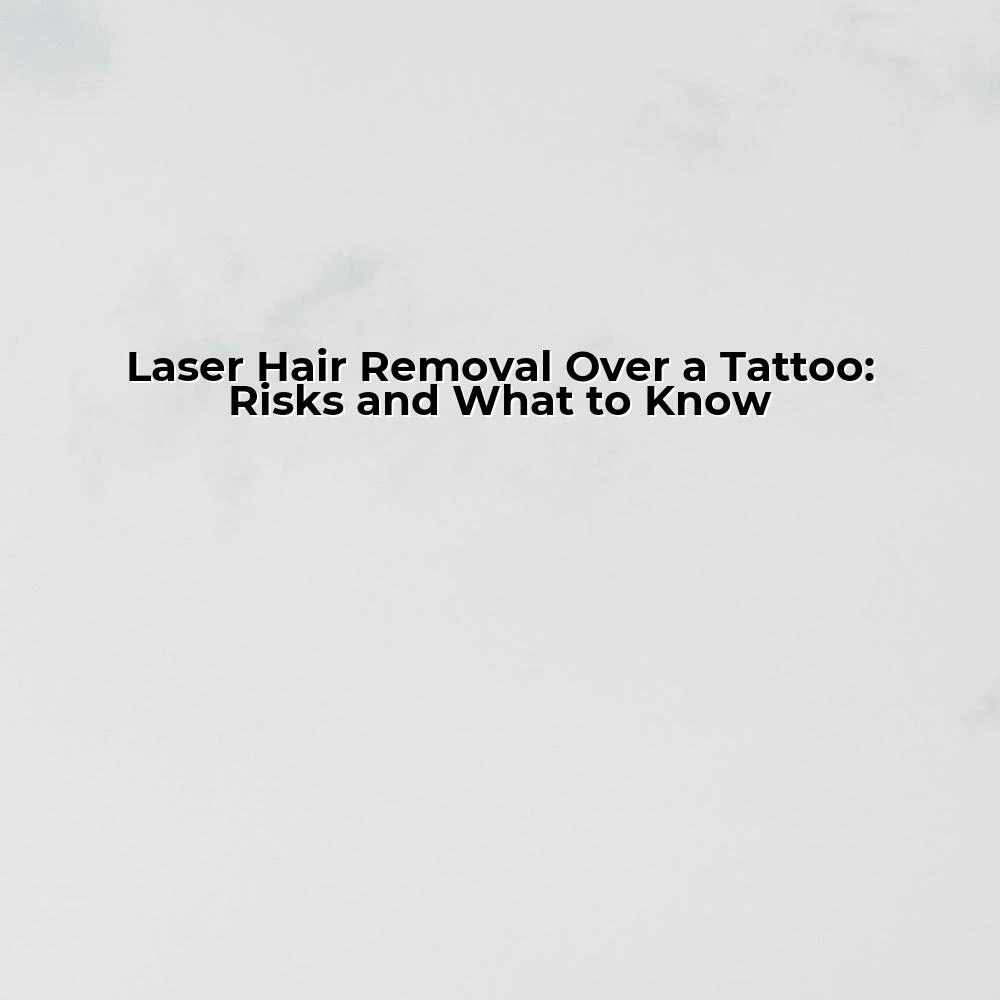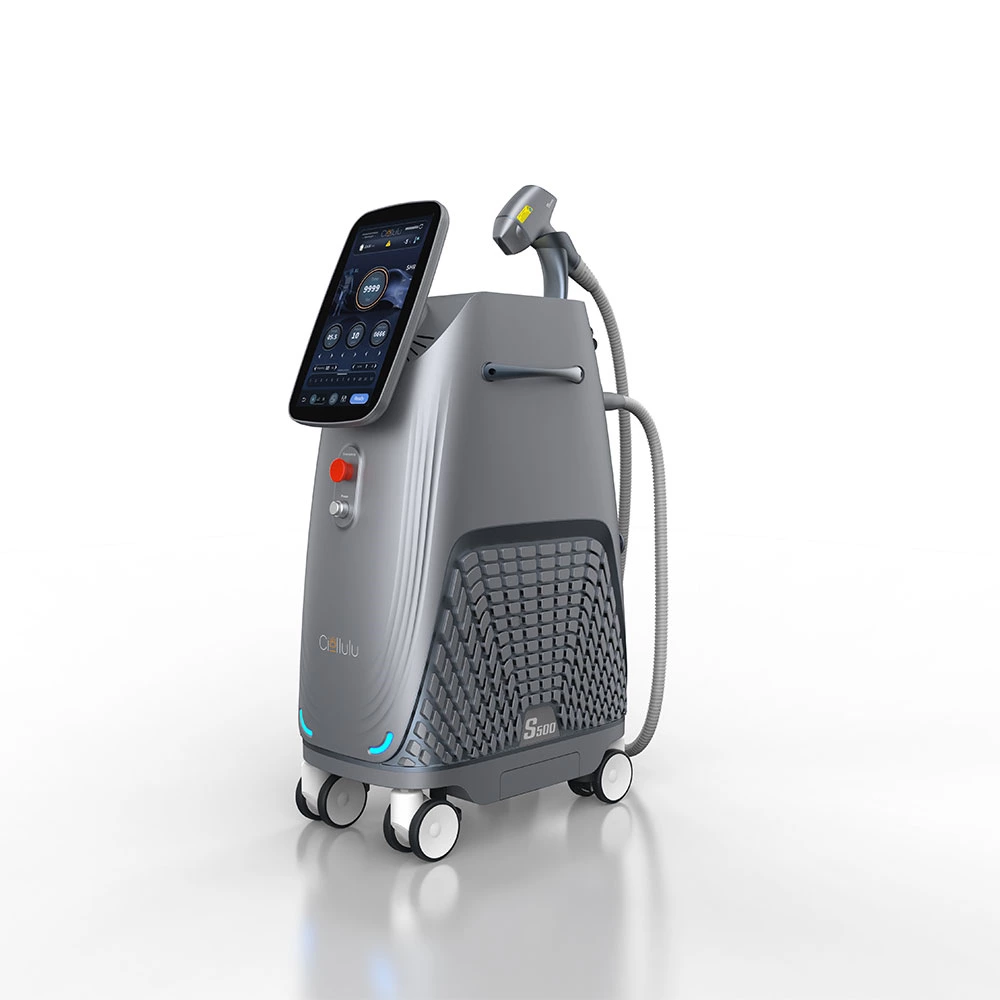Laser Hair Removal Over a Tattoo
| Visit:102

Laser Hair Removal Over a Tattoo
For many individuals, tattoos may represent cherished expressions of personal identity or important life memories. However, as our body changes over time, the desire to remove hair growing over a tattooed area may arise. In such instances, the area's sensitive nature calls for careful evaluation of suitable hair removal methods. Laser hair removal is one such effective option, but performing laser hair removal over a tattoo brings along specific risks and considerations. We will scrutinize these elements in this article.
In a typical laser hair removal procedure, intense light pulses target melanin in the hair follicles. The darkness of the melanin absorbs the light, which generates heat and damages the follicle. This impedes the hair's ability to regrow, thus leading to hair removal or reduction. However, performing this procedure over a tattoo differs significantly.
The primary difference arises due to the diverse color pigmentation within tattoos. The presence of various colors can make it challenging for the laser to differentiate between the tattoo ink and the melanin in hair follicles. Application of the laser on colorful areas may lead to undesired thermal heat reactions, causing destruction of the tattoo’s intricate design, or worse, painful skin burns.
Laser hair removal over a tattoo carries increased risk of several adverse effects, including skin damage, hyperpigmentation, hypopigmentation, and irregular skin color changes. Most commonly, laser targeting can lighten or darken the tattoo ink, causing unexpected color shifts and distortions. At times, the laser may cause the removal of some tattoo ink, thus leading to irregularity in the tattoo design.
Hyperpigmentation or hypopigmentation may follow after a laser hair removal procedure over tattooed skin. Hyperpigmentation, characterized by dark patches on the skin, occurs due to an excess production of melanin. Conversely, hypopigmentation, a condition where the skin loses its color, arises from the decreased production of melanin. Both these conditions cause additional irregularities in the skin tone over the tattoo, and therefore can be undesirable aftermaths of the procedure.
In rare instances, the procedure may also lead to skin burns and scarring. The laser's intense heat will interact unpredictlessly with the tattoo ink, potentially resulting in chemical reactions that cause dominant inflammatory responses in the skin. This can subsequently result in painful burns and noticeable scars.
For more comprehensive understanding, one can refer to relevant resources like ciellulu.net, where detailed discussions on laser hair removal over tattoos are available.
Given these risks, it is prudent for anyone considering laser hair removal over a tattoo to discuss it thoroughly with a certified dermatologist. Clinicians should also study the laser’s interactions with tattooed skin to avoid any complications and possibly design specialized machines that can safely work over tattooed areas.
In conclusion, while laser hair removal remains an effective hair reduction method, carrying out this procedure over a tattoo requires careful consideration. Due to the unknown reaction between the lasers and tattoo pigmentation, one must weigh the necessity and potential hazards carefully.
Ultimately, laser hair removal over a tattoo should only be performed by experienced practitioners with a deep understanding of laser applications on various skin types and conditions. As a doctor, it is crucial to educate patients about these risks and ensure their safety and satisfaction.
Source: Laser Hair Removal Over a Tattoo




 Ciellulu Laser - Facial Machine Supplier
Ciellulu Laser - Facial Machine Supplier

